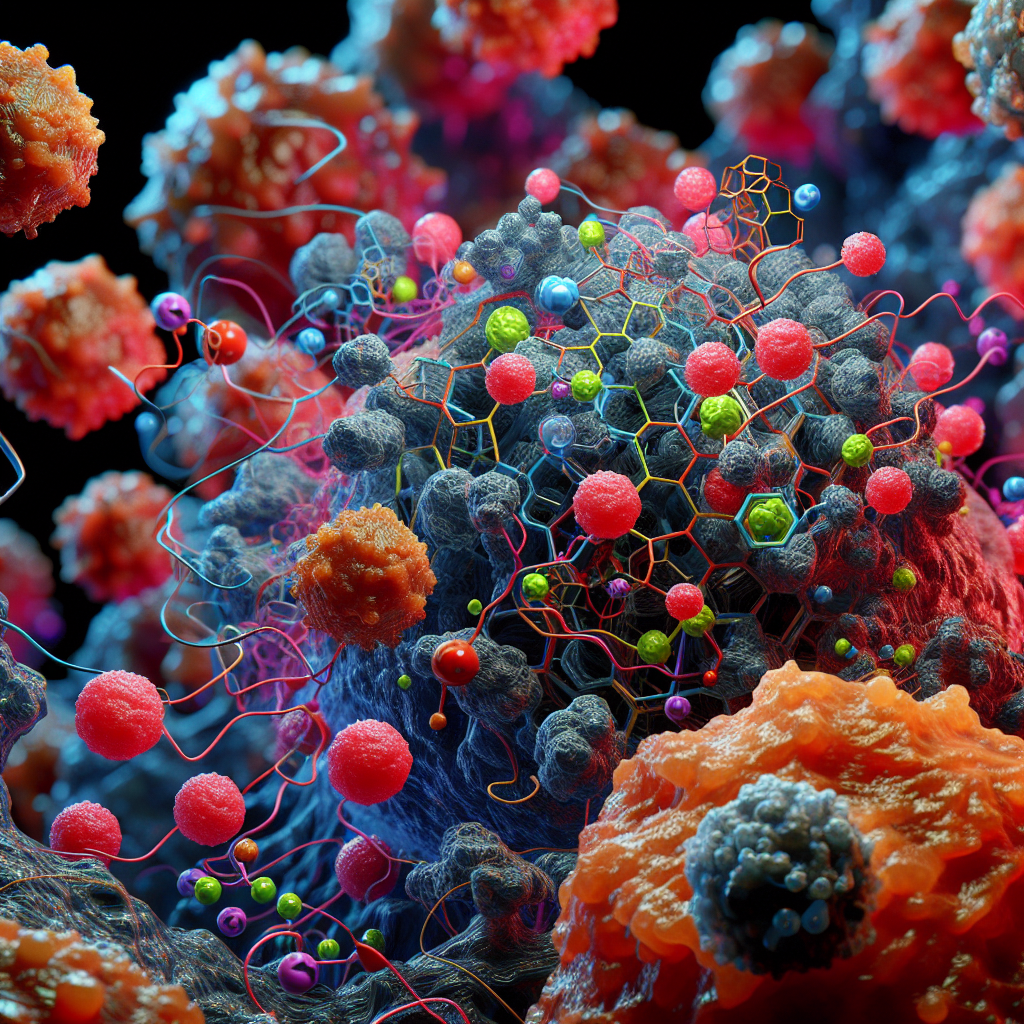Cancer remains one of the most challenging diseases, with numerous types and subtypes, each demanding a specific treatment approach. Recent years have witnessed significant advancements in targeted cancer therapies, offering hope for more effective and personalized treatment options. These therapies work by identifying and attacking specific cancer cells without harming the surrounding healthy tissue, thereby reducing side effects and improving patient outcomes.
Alongside these medical treatments, there has been a growing interest in the role of supplements in cancer care. Supplements may provide supportive care during treatment, help manage symptoms, and potentially reduce the risk of recurrence. This article delves into the latest developments in targeted cancer therapies and examines how supplements can play an auxiliary role in cancer management.
The Evolution of Targeted Cancer Therapies
Targeted cancer therapies represent a shift from traditional treatments, such as chemotherapy, which can affect both cancerous and healthy cells. These therapies are designed to interfere with specific molecular targets that are involved in the growth, progression, and spread of cancer.
One of the most prominent examples of targeted therapy is the use of monoclonal antibodies. These antibodies are engineered to attach to specific proteins on the surface of cancer cells, marking them for destruction by the immune system. Another approach involves small molecule inhibitors that block the function of enzymes needed for cancer cell survival and proliferation.
The development of these therapies required a deep understanding of the genetic mutations and molecular pathways that drive different cancers. As a result, biomarker testing has become an integral part of personalized cancer treatment, allowing for the selection of the most appropriate targeted therapy based on the individual’s cancer profile.
Supplements in Cancer Care
While targeted therapies focus on the cancer itself, supplements aim to support the body’s overall health and resilience during treatment. Certain vitamins, minerals, and other nutritional supplements can help address deficiencies, reduce treatment side effects, and possibly improve treatment efficacy.
For example, vitamin D is known for its role in bone health, but it also has implications in immune function, which can be critical for cancer patients whose immune systems are often compromised by both the disease and its treatments. In-depth discussions on the role of vitamin D and other immune-supporting supplements can be found in the article "Essential Guide to Vitamin D and Immune Function."
Probiotics are another area of interest, as they may help maintain a healthy gut microbiome, which is often disrupted during cancer treatments like chemotherapy and radiation. A healthy gut flora not only contributes to better digestion but may also have an impact on overall immune function and well-being. "Exploring the Safety and Benefits of Probiotic Supplements" provides more insight into this topic.
Furthermore, omega-3 fatty acids, found in fish oil supplements, have been studied for their potential to improve cardiovascular health and reduce inflammation, which may be beneficial during cancer treatment. The "Impact of Omega-3 Supplements on Heart Health" delves deeper into these benefits.
Integrating Targeted Therapies with Supplements
The integration of targeted therapies with supplements should be approached with caution. While certain supplements may offer benefits, there is also the potential for interactions with cancer treatments. Therefore, it is crucial for patients to consult with their healthcare providers before starting any supplement regimen.
Understanding drug interactions with herbal remedies, as discussed in "Understanding Drug Interactions with Herbal Remedies," is essential for maintaining the efficacy and safety of cancer treatments. Moreover, the timing and dosage of supplements are factors that need to be carefully managed to avoid any unintended consequences.
External Resources Supporting Cancer Care
Several niche resources provide valuable insights into the use of targeted cancer therapies and supplements. The American Cancer Society’s guidelines on nutrition and physical activity for cancer prevention offer evidence-based recommendations for cancer care. Similarly, the National Cancer Institute provides a comprehensive resource on targeted cancer therapies, detailing the types of therapies available and their mechanisms of action.
For those interested in the specifics of supplement use during cancer treatment, the Office of Dietary Supplements at the National Institutes of Health offers a wealth of information on various vitamins, minerals, and other supplements, including their interactions with medications.
Future Directions in Targeted Cancer Therapies and Supplement Research
Research into targeted cancer therapies and supplements is ongoing, with new developments constantly emerging. Personalized nutrition, as covered in "Personalized Nutrition and Its Role in Disease Prevention," is an area that holds significant promise. By tailoring dietary and supplement intake to an individual’s genetic makeup and health status, it may be possible to optimize cancer treatment outcomes and improve quality of life.
In conclusion, the advancements in targeted cancer therapies represent a new frontier in cancer treatment, offering hope for more effective and less toxic options. Supplements, when used appropriately, can provide additional support to enhance patient well-being during treatment. As research in these areas continues to evolve, it is crucial for patients and healthcare providers to stay informed and work together to integrate these therapies and supplements safely and effectively into cancer care.



